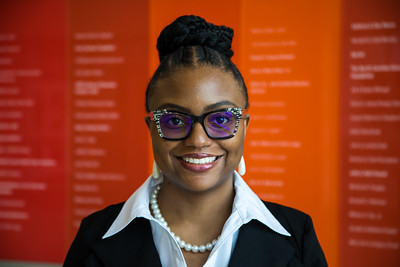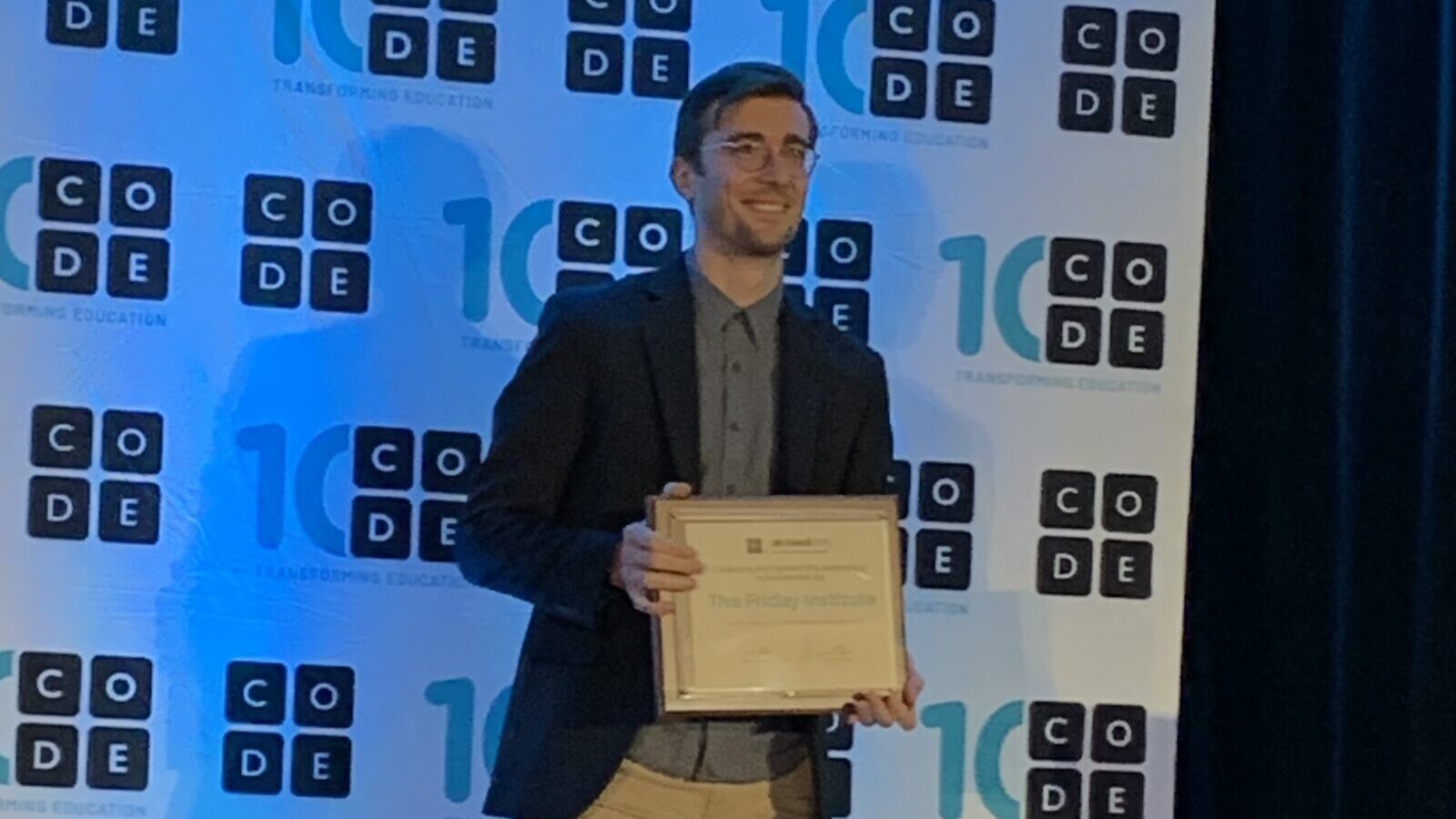The Friday Institute Shares Findings from North Carolina Schools
Raleigh, NC – There is growing attention to the differences in how students learn; however, little is known about how schools and districts can successfully build capacity and make progress in addressing students’ learning differences. The Friday Institute for Educational Innovation released a pair of new case studies that highlight school-wide implementation of its Learning Differences program. This work was made possible through generous support from Oak Foundation.
In 2014, the Professional Learning and Leading Collaborative (PLLC), a unit of the Friday Institute, created the Learning Differences program. The program included the Learning Differences online professional learning course to expand educators’ knowledge related to learning differences, provide actionable strategies to impact the learning experience of their students and cultivate a growth mindset related to learning differences. In 2018, the Friday Institute added the Students LEAD (Learn, Explore, & Advocate Differently) program. This was a first-of-its-kind online course to help students understand how they learn. As of fall 2020, the course was taken by over 10,000 educational leaders, and the student course was completed by over 1,450 students across the world.
During the 2019-2020 academic year, both Centennial Campus Magnet Middle School (CCMMS), a public school in Raleigh, North Carolina, and Manning Elementary School (MES), a public school in Roanoke Rapids, North Carolina, initiated the Learning Differences program. While the pandemic upended the original plans for the initiative, each school was able to continue its work to help students.
Centennial Campus Magnet Middle School (CCMMS)
During the summer of 2019, educators at CCMMS were encouraged to take the Learning Differences course . The group of educators who took the course then proceeded to meet throughout the year to use what they learned in their classrooms. The Students LEAD course was implemented at CCMMS from Aug. 2019 – Dec. 2019.
After participating in the Students LEAD program, students reported gains in their understanding of their learning differences and tools that support learning differences. By far, the largest reported change was the percentage of students who strongly agreed or agreed that they ask important adults for what they need to learn best (+27%). Other compelling changes were the percentage of students who strongly agreed or agreed that they use tools to support their organizational skills (+17%), are aware of tools that can help them express their ideas (+17%), use tools to help them express their ideas (+16%), and know the ways that they learn best (+16%).
Upon completion of the course, students receive an “Advocacy Plan,” which outlines their strengths and challenges and makes recommendations to consider. This plan is shared with their educators.
“We cannot begin to realize the benefits of implementing this program yet,” said CCMMS Principal Kathryn Hutchinson. “Making both teachers and students aware of how to best approach individuals’ learning and how to best support students is a game-changer.”
Manning Elementary School (MES)
MES Principal Lauren Hinnant was interested in a holistic, school-wide professional development program for the MES staff and determined that the Learning Differences course was the right fit.
Throughout the year, MES staff completed the course and worked with their colleagues to determine how to infuse the Learning Differences content in their classroom instruction and interactions with students. Additionally, the staff worked closely with representatives from the PLLC to provide teacher professional development and observe classrooms.
“It was so important for me to be involved in this program from the beginning,” said Hinnant. “We made sure that the Learning Differences program aligned with our priorities and our educators’ priorities.”
Results and Changes
Each school developed key lessons to help guide their programs. The findings from these schools will help schools and districts as they consider implementing their Learning Differences program.
“Every time we work closely with schools, their leadership, educators and students, there is something to be learned,” said co-author Alex Dreier, instructional design lead at the Friday Institute. “These schools were experiencing a global pandemic, which could have derailed all the progress made, but they were able to pivot and still end the school year with positive results and actionable items for the current year.”
“We hope that other schools and districts can apply the lessons learned from the experiences of these two schools to their contexts,” said co-author Callie Womble Edwards, Ph.D., research associate at the Friday Institute. “The Learning Differences program is highly adaptable, and all students can benefit from its approach.”
As a result of these two schools implementing the program, the PLLC plans to:
- Update the Learning Differences teacher course to include a “school-wide” approach section with suggestions, tips and guidance for schools looking to implement the course at the school level.
- Update the Learning Differences student course to add additional flexibility to account for the variety of contexts and implementation goals for classrooms and schools.
- Update the Learning Differences student course to account for the varying technology circumstances in schools that are implementing it (i.e., specifically adding a potential lower-tech option).
- Leverage insights from this work to support other areas of the Learning Differences program such as SEL and learner agency.
To learn more about these schools and their Learning Differences programs, you can read both case studies here. More information about the PLLC can be found here: https://fi.ncsu.edu/teams/pllc/.
###
About The PLLC at the Friday Institute
Since 2007, the Professional Learning and Leading Collaborative (PLLC) at the Friday Institute for Educational Innovation has emphasized leadership in and promoted pedagogical shifts to personalized and digital learning in order to inspire, innovate and coach. We engage educators at all levels to provide research-based, job-embedded models and approaches for strategic planning and professional development with the belief that all students deserve access to equitable, personalized learning experiences. For more information, visit pllc.fi.ncsu.edu.
About the Friday Institute for Educational Innovation
The Friday Institute for Educational Innovation brings together researchers, practitioners and policymakers to lead the transition to next-generation education systems that will prepare students for success in the digital-age world. It conducts research, develops educational resources, provides professional development programs for educators, advocates to improve teaching and learning, and helps inform policymaking. The Friday Institute is a part of the NC State College of Education. Visit fi.ncsu.edu to learn more.
Media Contact: Stacey Finkel finkelstacey@gmail.com 703.304.1377
- Categories:


